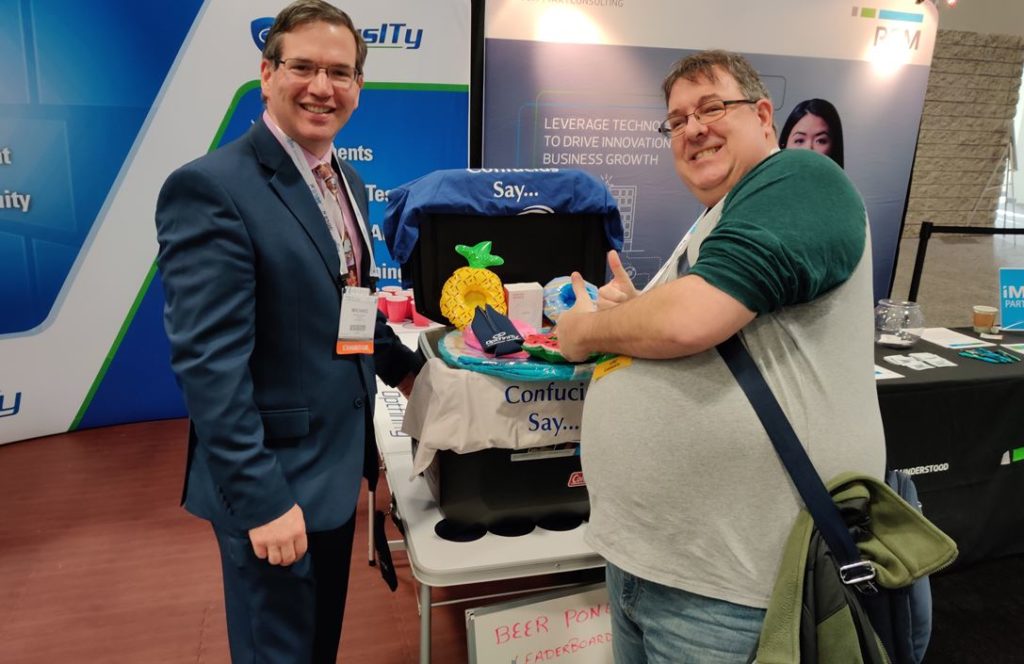If you haven’t received an email accusing you of watching pornography, consider yourself lucky—but be on alert. A familiar scam with a new twist is making the rounds, and it’s designed to exploit fear and embarrassment to steal your money.
This scam often begins with data from a previous breach, where emails and associated passwords were compromised. The scammers rely on the fact that many people reuse passwords across multiple sites. They send threatening emails claiming to have your password and alleging they’ve installed malware on your computer to capture compromising footage of you watching explicit content.
Why This Scam Feels Convincing
The scam is particularly effective because the perpetrators include a real password—one you’ve used in the past or are currently using. This detail can make their claims seem legitimate. However, in most cases, there is no malware on your device. The scammers are simply banking on fear and guilt to compel victims to send money.
Unfortunately, people who may have visited such sites—or who are alarmed by the idea of their password being compromised—are more likely to fall for the scam. It’s worth noting that pornography remains one of the most searched topics on the internet, making this an easy target for scammers.
What Should You Do?
If you receive such an email, here’s our advice:
1. Stay Calm: These scammers are trying to exploit your emotions. Don’t panic or respond.
2. Ignore the Threats: Delete the email and avoid engaging with the scammer in any way.
3. Change Your Passwords: If the password mentioned in the email is still in use, update it immediately. Use unique, strong passwords for each site, and consider using a password manager to help you stay organized.
4. Enable Multi-Factor Authentication (MFA): Adding an extra layer of security makes it much harder for attackers to access your accounts, even if they have your password.
5. Consult a Trusted IT Provider: If you’re still concerned or need help securing your accounts, reach out to a reputable IT professional.
Need Help? Contact OptfinITy
If you don’t already have a trusted IT provider, OptfinITy is here to help. Our team specializes in protecting individuals and businesses from cybersecurity threats, and we can ensure your systems and accounts are secure.
Don’t let fear drive you into the hands of scammers. Stay informed, take proactive steps to protect your information, and reach out for professional assistance when needed.








